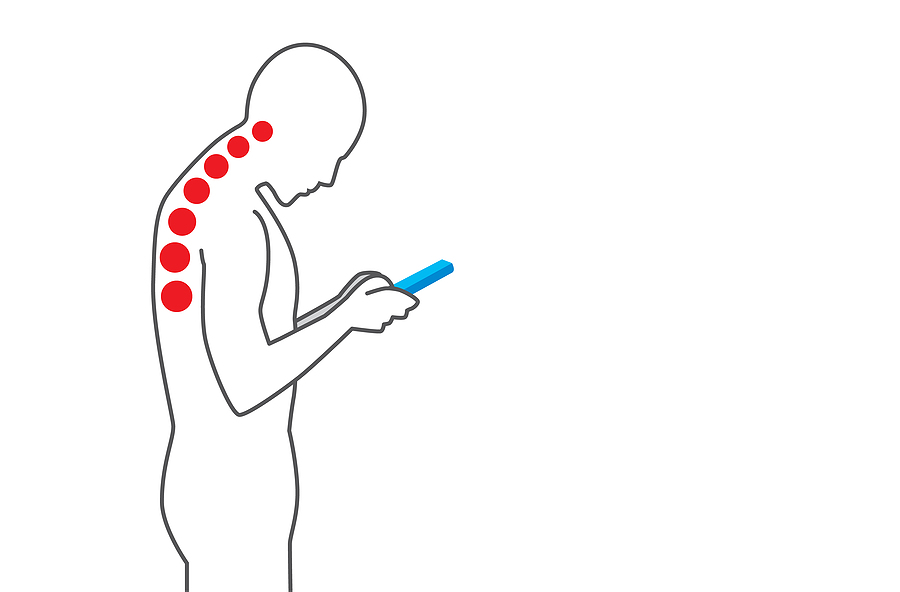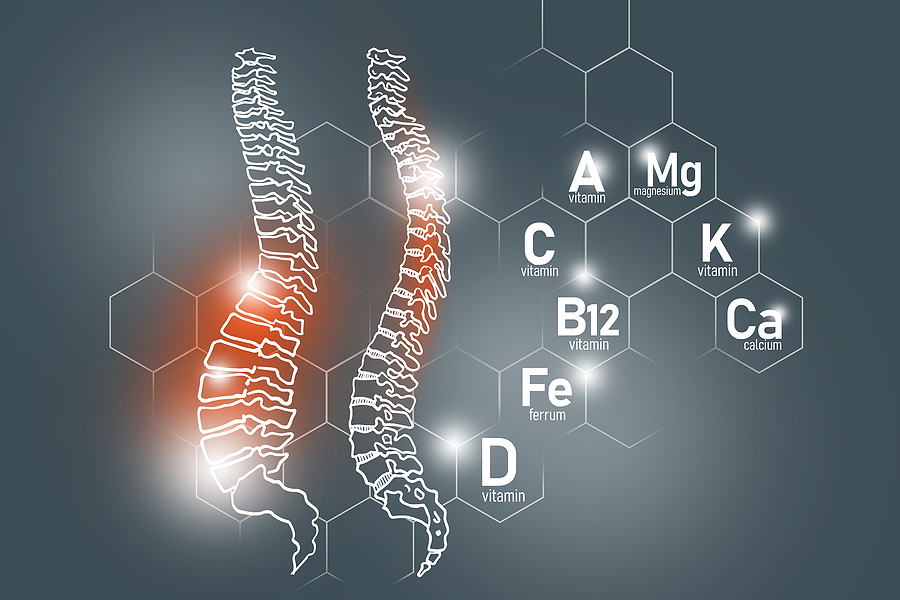Chiropractic, often shrouded in myths and misunderstandings, plays a crucial role in modern healthcare. This article focuses on debunking some common myths about chiropractic, supported by factual information and a functional, integrative perspective.
Myth 1: Chiropractic is Not Scientifically Backed
Fact : Chiropractic is based on sound scientific principles. It focuses on the relationship between the spine and the nervous system and how it affects overall health. Numerous studies have demonstrated the effectiveness of chiropractic treatments for various conditions.
Myth 2: Chiropractic Treatments Are Painful
Fact : Most chiropractic treatments are painless. Patients may sometimes experience mild discomfort, but this is often short-lived and a response to the body's natural adjustment.
Myth 3: Chiropractic is Only Helpful for Back Pain
Fact : Although chiropractic is known for its effectiveness for back pain, it also treats other conditions. It can help with neck pain, headaches, muscle pain, and even some chronic conditions by improving body functions and nerve communication.
Myth 4: Chiropractic Care is Dangerous
Fact : Chiropractic care is safe when performed by a qualified and experienced chiropractor. The risk of complications is significantly lower compared to other treatments such as surgery or long-term use of prescription medications.
Myth 5: Chiropractors Are Not Real Doctors
Fact : Chiropractors are qualified health professionals who have undergone extensive training. In many countries they must complete a university education and are subject to strict licensing requirements.
Myth 6: Chiropractic is Too Expensive
Fact : Chiropractic is a cost-effective treatment option, especially when compared to the long-term costs of medications or surgical procedures. Many health insurance policies cover chiropractic care.
Chiropractic is a safe, effective and evidence-based approach to healthcare. It provides a non-invasive alternative to conventional treatments and contributes to the overall health and well-being of patients. It's important to look past the myths and understand the reality of chiropractic care.














